A home equity loan and a mortgage (conventional loan) are both secure borrowing methods but there are distinct differences between the two. They are both popular solutions for homeowners looking to gain increased financial flexibility and cover major real estate expenses. They both involve the borrower pledging the home as collateral but each come with their own set of pros and cons.
Home Equity Loan and Mortgage (Conventional Loan)
The most significant difference between home equity loan and mortgage (conventional loan) is that a mortgage is used to purchase and a home equity loan is used to borrow money using the real estate as collateral. Home equity loans usually have higher interest rates than mortgages, making them an instrument to get money faster; because they are faster and easier, they typically cost more. Additionally, a home equity loan is usually easier to obtain than a mortgage because it’s a second lien; it’s taken out after the original mortgage has already been agreed upon and is supported by the home’s equity as collateral.
Home Equity Loan
In other words, a home equity loan is a type of loan that uses the value of the homeowner’s home as security. This loan is usually taken out in addition to a primary mortgage loan, though it can be used as a stand-alone loan as well. A home equity loan is best for homeowners needing to borrow more money from their equity, with the flexibility of varying loan terms. Home equity loans can’t be used to purchase a property, rather, they are typically used to finance renovation projects or home improvements, pay off high-interest debt, or finance college tuition.
On the other hand, one of the major drawbacks of a home equity loan is that it often has a shorter term than a mortgage. Generally, home equity loans are amortized over the life of the loan and can be paid off in as little as five years. Additionally, home equity loans may be subject to early repayment penalties if the borrower pays off or sells the home before the end of the loan.
Mortgage (Conventional Loan)
Mortgages are a type of loan where a borrower uses the value of their home as collateral for a loan. There are different types of mortgages available, which include conventional, adjustable rates, and FHA mortgages. The main benefit of a mortgage is the set period which is usually 15 or 30 years, providing the homeowner with a long-term payment plan.
Mortgages come with their own set of pros and cons. Generally, mortgages have a longer term than home equity loans and are easier to qualify for because lenders can assess a larger number of factors before approving a home loan. They also usually have benefits such as no prepayment penalties and more tax deductions.
On the downside, mortgages are often not as easy to get as a home equity loan. They are actually less expensive than a home equity loan, but pose a higher risk for the borrower. Additionally, mortgages generally involve more paperwork and a more lengthy process, which can be time-consuming and stressful.
Which One Is Right for You?
Ultimately, the decision between a mortgage and a home equity loan depends on the borrower’s financial goals, ability to make payments, and the total cost of the loan. Mortgages may offer more benefits, such as longer terms and better tax deductions, but home equity loans may be more attractive for those who need to borrow more money.
Borrowers should carefully consider the pros and cons of each option and make sure that they understand the risks involved before making a decision. In any case, it is important to thoroughly research each loan type and seek professional advice when making this decision.
____
From custom home tours to facilitating negotiations and more, Chatburn Living is committed to providing an expert level of service to get you into the perfect home. Let us help you make your next move in Miami. Contact us to make the most of your home buying experience in Miami.









